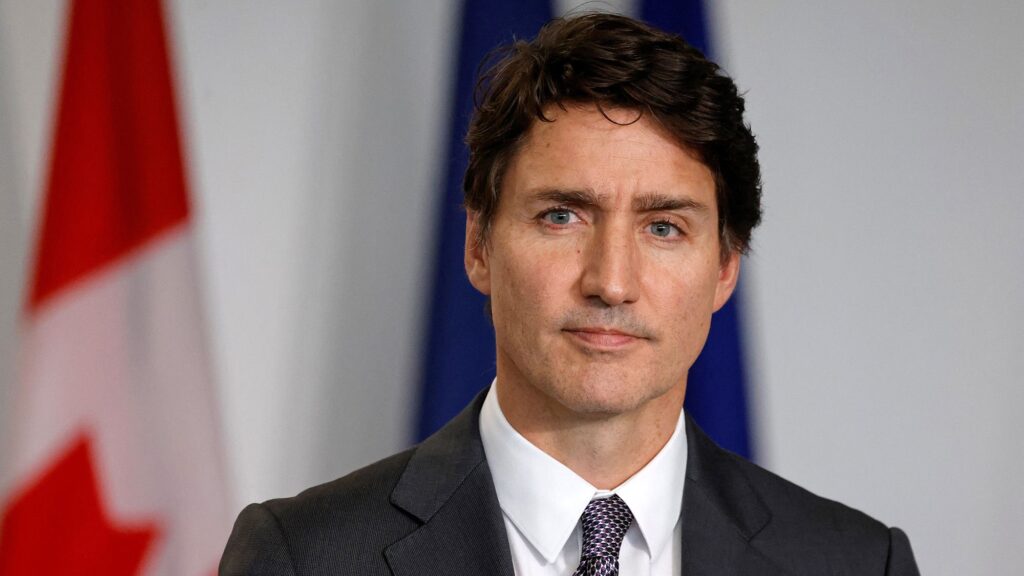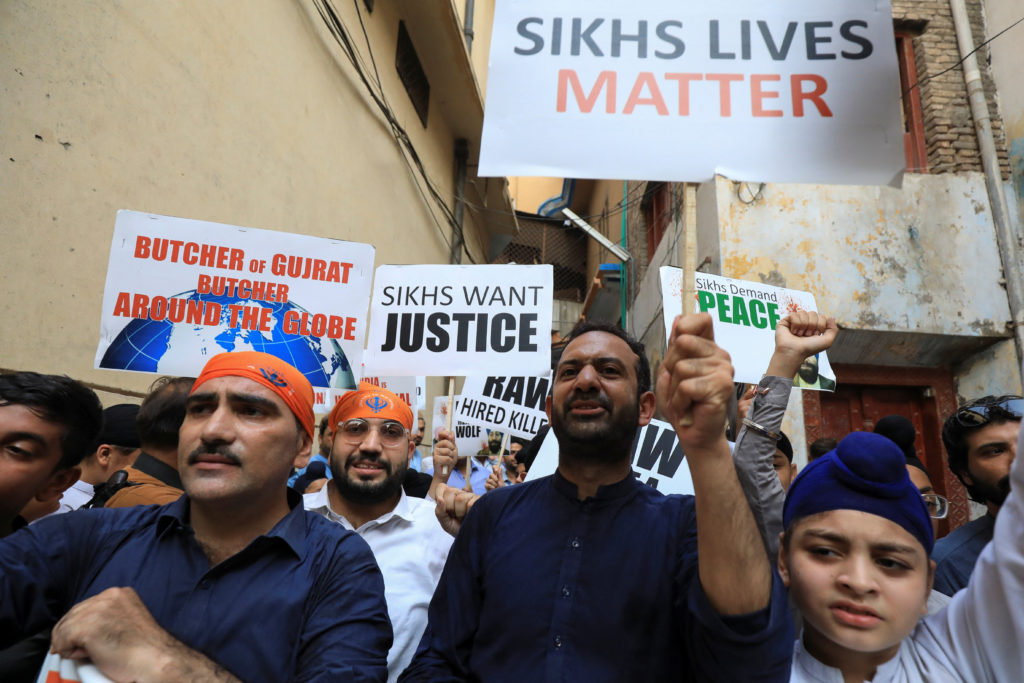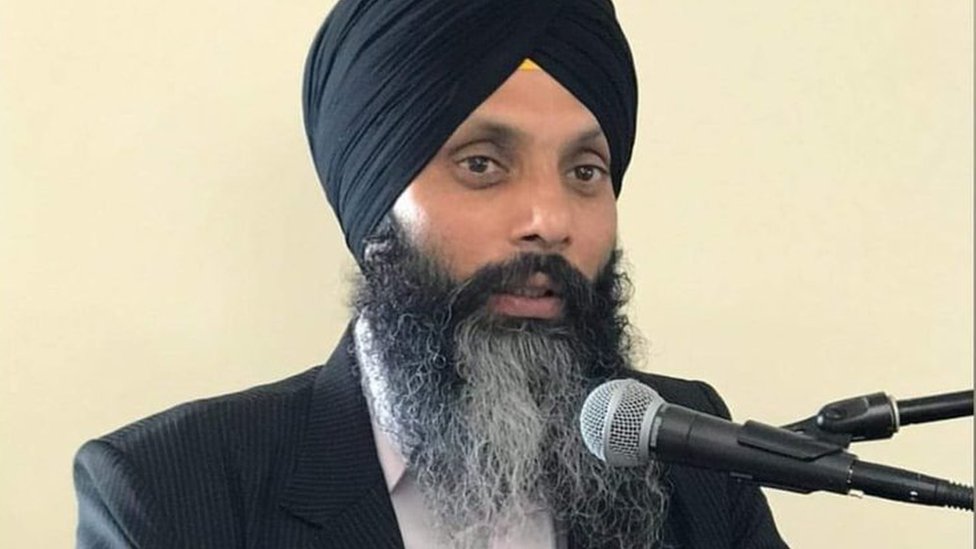Canadian intelligence has accused India of orchestrating the assassination of a Sikh activist, casting a shadow over a diplomatic thaw as Prime Minister Mark Carney met Indian Prime Minister Narendra Modi at the G7 summit in Alberta on 17 June 2025. The allegations, resurfacing tensions from the 2023 killing of Hardeep Singh Nijjar, highlight a delicate balance between justice and renewed bilateral ties.
A Canadian Security Intelligence Service (CSIS) report, released on 18 June, labelled the murder of Nijjar, a Canadian Sikh separatist, a “significant escalation” in India’s transnational repression efforts targeting Sikh dissidents. Nijjar, a Khalistan movement advocate for an independent Sikh homeland, was gunned down outside a Surrey, British Columbia temple in June 2023. The report claims Indian officials and proxies in Canada engaged in coercive activities to influence Sikh communities and politicians, intensifying diplomatic strains. Canada’s Royal Canadian Mounted Police (RCMP) previously linked the killing to Indian agents, alleging involvement in homicides, extortion, and intimidation, with ties to the Lawrence Bishnoi criminal gang operating from India.



Despite these grave accusations, Carney and Modi shook hands at the G7, signalling a pragmatic push to mend ties frayed since 2023, when then-Prime Minister Justin Trudeau publicly implicated India in Nijjar’s death. India denied the allegations, calling them “absurd,” and accused Canada of harbouring Sikh extremists. The leaders announced plans to appoint new high commissioners and restore diplomatic services, aiming to revive trade and cultural ties. Canada, home to 770,000 Sikhs—the largest diaspora outside India—traded £7 billion with India in 2023. Carney emphasised India’s economic heft as the world’s fifth-largest economy, while Modi hailed shared democratic values.
The meeting drew outrage from Sikh organisations. Sikhs for Justice, led by Gurpatwant Singh Pannun—who survived an alleged Indian assassination plot in the U.S.—demanded Carney clarify whether he raised Nijjar’s killing with Modi. “Accountability cannot be sidestepped for diplomacy,” Pannun stated. The World Sikh Organization called the invitation a “betrayal” of Canadian values, citing ongoing threats to Sikh activists. Protests erupted in Calgary, with demonstrators waving Khalistan flags and demanding justice. British Columbia’s Premier David Eby urged designating the Bishnoi gang a terrorist group to curb extortion targeting South Asian businesses.
Carney sidestepped questions about discussing Nijjar’s killing, citing an ongoing judicial process involving four charged Indian nationals. Critics, including NDP MP Jenny Kwan and Liberal MP Sukh Dhaliwal, argued that normalising ties without accountability undermines Canada’s human rights stance. Conversely, analysts like Jonathan Berkshire Miller of the Macdonald-Laurier Institute supported the reset, noting that diplomatic engagement with India, a key Indo-Pacific player, is vital amid global trade disruptions.
The CSIS report also flagged India’s interference alongside China, Russia, and others, though China remains Canada’s top counter-intelligence threat. U.S. allegations of a foiled Indian plot against Pannun in New York bolster Canada’s claims, suggesting a broader campaign against Sikh separatists. As Carney navigates this diplomatic tightrope, the pursuit of justice for Nijjar risks clashing with strategic imperatives, leaving Canada’s Sikh community wary and the Maga movement’s isolationist factions eyeing the controversy as a cautionary tale.
newshub finance











Recent Comments